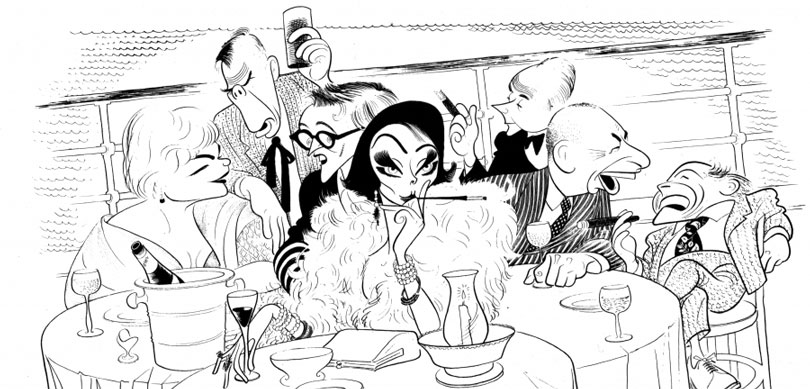
Ship Of Unsure Souls
“Souls that are unsure”
Souls that are unsure and cloying
I loathe like their acclaim.
All their honors are annoying,
All their praise is self-hatred and shame.
Since I do not join their dances,
Tied to their old rope,
I am followed by their glances’
Sweetly poisoned envy without hope.
Let them curse me and despise
My way, let them hiss!
When the seeking of these eyes
Aims at me, it shall forever miss!
Is character destiny? It seems so. This poem harkens back to Nietzsche’s assertion that his manner of philosophizing was not for everyone. He understood the importance of choosing one’s readers. Nietzsche disdained the ersatz effect of “an influencer.” Nietzsche’s words attract a few who are in position to see what he saw, those whose souls vibrate with a similar moral frequency.
David Brooks in his article in Septembers edition of The Atlantic wrote these lines.
Moral realists are fighting to defend and modernize these rules and standards—these sinews of civilization. Moral realism is built on certain core principles. Character is destiny. We can either elect people who try to embody the highest standards of honesty, kindness, and integrity, or elect people who shred those standards.
But healthy moral ecologies don’t just happen. They have to be seeded and tended by people who think and talk in moral terms, who try to model and inculcate moral behavior, who understand that we have to build moral communities because on our own, we are all selfish and flawed.
[Moral formation] means giving people the skills and habits that will help them be
considerate to others in the complex situations of life… That’s very different from how we
treat people now—in ways that make them feel sad and lonely, and that make them grow
unkind.
David Brooks is a contributing writer at The Atlantic and the author of the forthcoming book How to Know a Person: The Art of Seeing Others Deeply and Being Deeply Seen.